RBT Certification Cost

A Comprehensive Guide to RBT Certification Expenses
Pursuing Registered Behavior Technician (RBT) certification is a valuable step for those interested in behavior analysis and related fields. However, understanding the total financial investment involved is crucial for planning and budgeting effectively. This article explores the various costs associated with earning RBT certification, including training, application, examination, and ongoing expenses, to help prospective candidates navigate the process with clarity.
Overview of Total Costs for RBT Certification
What are the overall costs involved in obtaining RBT certification?
The financial investment to become a Registered Behavior Technician (RBT) generally falls within a range of approximately $200 to $600. This range accounts for various expenses related to training, testing, and certification maintenance.
Training costs are a major part of the total investment. Online courses vary in price, often from as low as $29 up to $500 depending on the provider and course content. For example, some programs like the Behavior Analysis Essentials charge about $149, while others may be free or less expensive. The courses are designed to meet the 40-hour training requirement needed for certification.
In addition to training, there are application and exam fees. The BACB application fee is around $50, which will increase to $65 starting January 2026. The RBT exam, administered via Pearson Vue, costs approximately $45. Some candidates might also incur costs for a competency assessment, which can be free if done through an employer or around $45 to $50 if paid privately.
Other expenses include background check requirements and supplementary study materials. There may also be costs associated with retaking exams or repeating assessments if necessary.
Once certified, ongoing costs include annual renewal fees, roughly $35, or biennial renewals at about $50 starting in 2026. Continued education, which includes maintaining certification and professional development, adds to the overall investment.
Some employers provide sponsorship or help with training costs, which can significantly reduce the financial burden for candidates. Overall, with careful planning, the total cost of becoming an RBT can be kept under $100 if candidates select economical training options and keep costs low across all stages.
Breakdown of Expenses including Training, Application, and Exam Fees
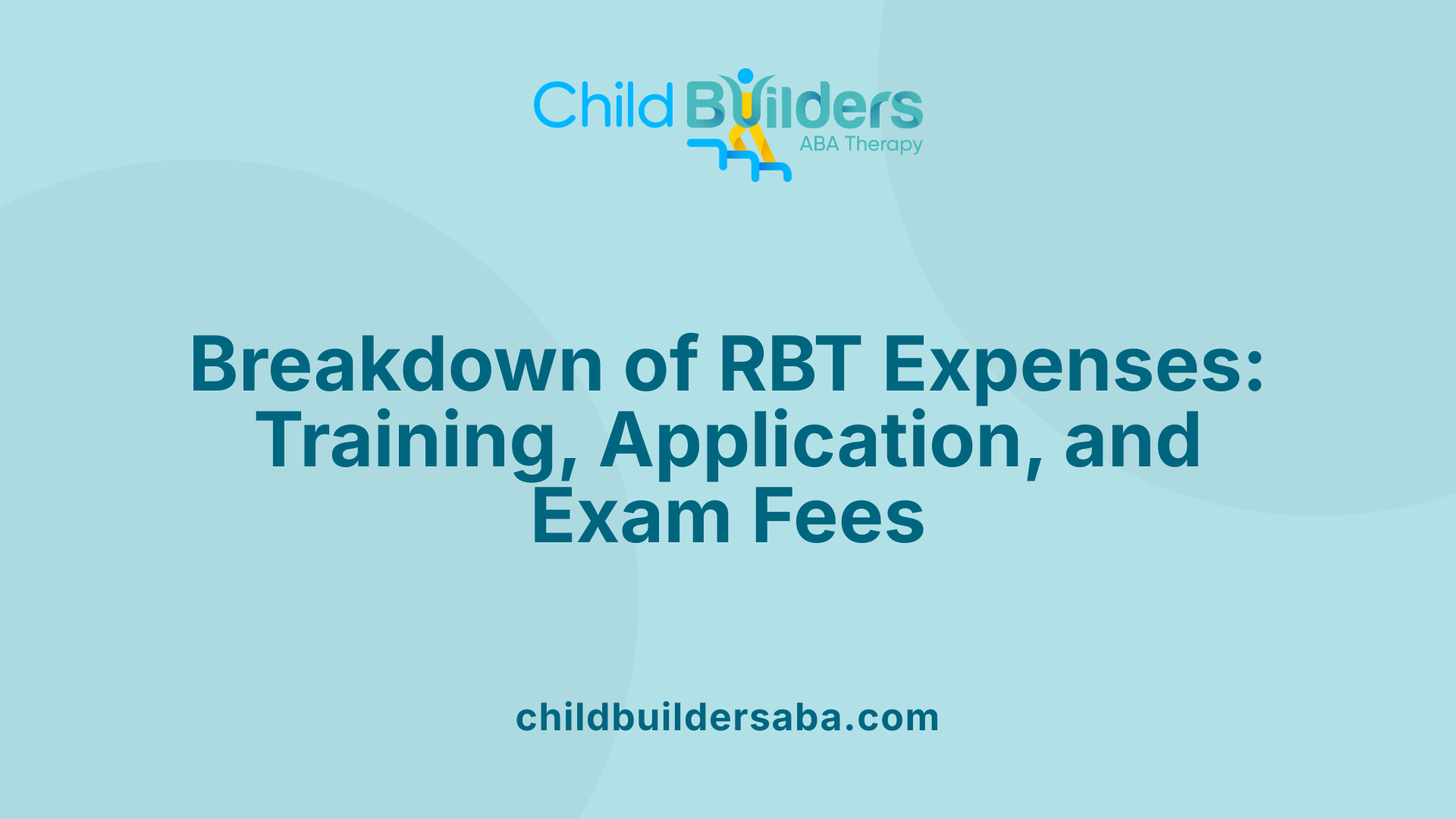
What is the breakdown of expenses such as course fees, application fees, and exam costs for RBT certification?
The costs associated with becoming a Registered Behavior Technician (RBT) vary depending on the training provider and additional requirements. The initial investment includes several key components.
For training, online options are widely available and often affordable. At the University of Texas at San Antonio (UTSA), the online RBT training costs $349, providing a comprehensive five-week program covering 40 hours of instruction. Another popular option from Kansas University costs $149 and prepares students for the BACB RBT exam through self-paced coursework. Many free or low-cost online courses are also accessible, often around $0 to $150, making it possible to become certified for under $100 if planned carefully.
Beyond training, there are application and exam fees. The BACB application fee is $50, increasing to $65 from 2026 onwards. The RBT exam, administered through Pearson Vue, requires a fee of $45. Additional costs can include a competency assessment (which may be free through an employer or cost between $50 and $200 if outside), background checks, and other personal expenses.
Renewal fees are modest, typically $35 annually or $50 every two years starting in 2026. Overall, the total expenses for RBT certification can range from approximately $290 to over $1,100, accounting for training costs, exam fees, and additional assessments. Careful planning and utilization of lower-cost training options can significantly reduce the financial barrier, making certification accessible for many.
| Cost Component | Typical Range | Additional Details |
|---|---|---|
| 40-hour training | $0–$349 | Online, self-paced, varies by provider |
| Application fee | $50–$65 | BACB fee, increases in 2026 |
| Exam fee | $45 | Pearson Vue testing center fee |
| Competency assessment | Free–$200 | May be free through employer or paid independently |
| Background check | $20–$80 | Required for certification |
| Renewal costs | $35/year or $50/2yr | Ongoing certification maintenance |
Knowing these expenses, aspiring RBTs can budget effectively and choose cost-efficient pathways to certification.
Training Program Costs and Their Content
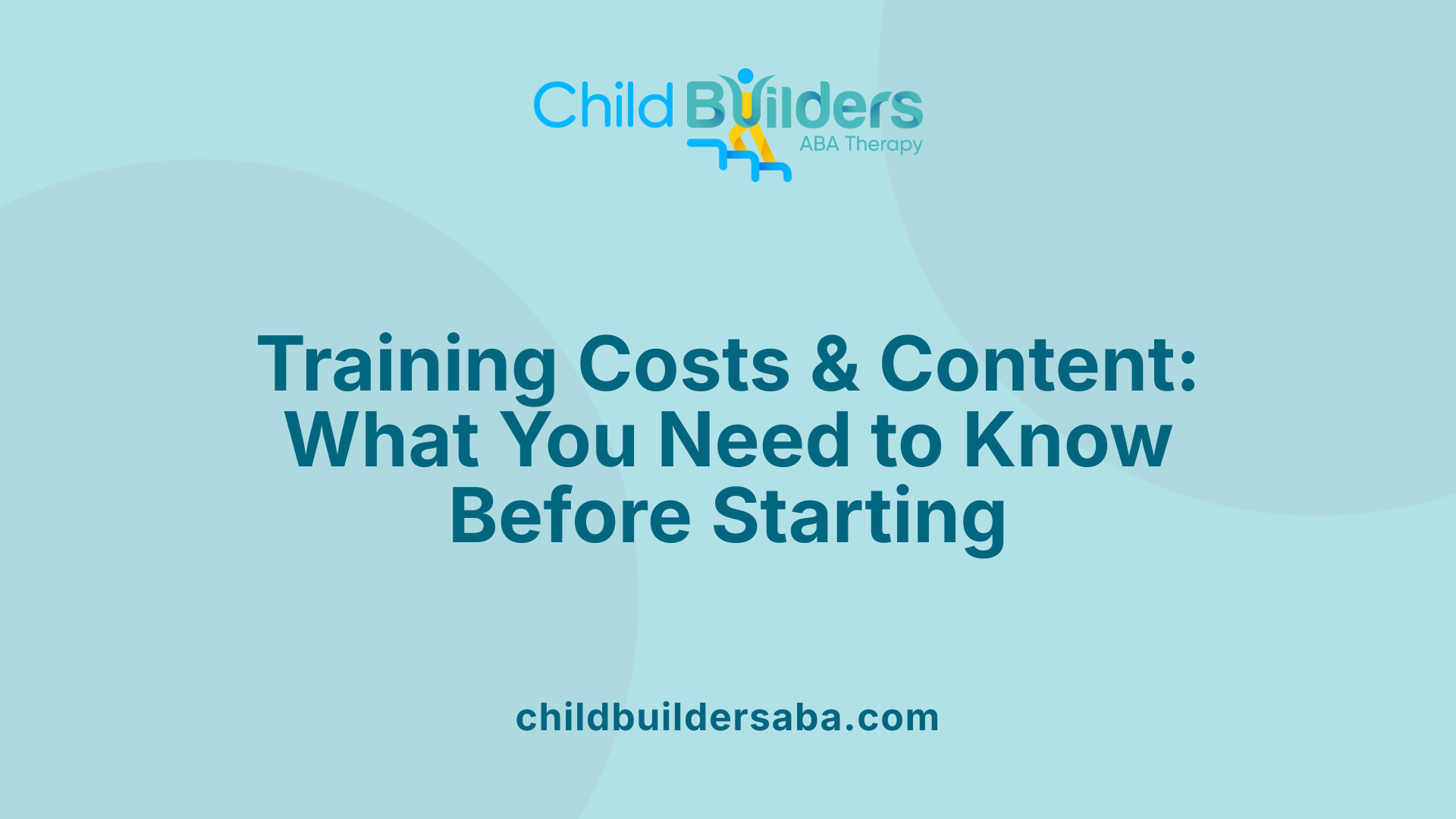
What are the typical costs for training programs, and what do they include?
Online RBT training programs vary in price depending on the provider and the extent of the coursework offered. The costs can range from as low as $0 to around $150 or higher. For instance, some programs like the Behavior Analysis Essentials course cost about $149, providing a comprehensive curriculum that covers all core areas needed for RBT certification.
At the lower end, free online courses are also available, offering an accessible way for motivated candidates to meet the 40-hour training requirement. The total expenses for becoming an RBT typically include the course fee, an application fee of $50 to BACB (which increases to $65 in 2026), and exam fees of $45. Additional costs may include a competency assessment, which could be free or cost up to $2,500 if done through a private provider.
In terms of content, these courses generally cover essential topics such as ABA principles, behavior definitions, data collection, graphing, verbal behavior, and ethical considerations. Most courses also include a mandatory three-hour ethics component. Successful completion of these modules ensures candidates meet the BACB’s 40-hour training criteria.
What formats and providers are available?
Training programs are offered mostly online, making them flexible and accessible for working professionals. The courses can be self-paced with interactive modules, videos, quizzes, and tests to reinforce learning. Popular providers include the University of Texas at San Antonio (UTSA), charging around $349, and the University of Kansas (KU), with prices at $149.
These programs are developed and led by certified behavior analysts (BCBAs), ensuring content quality and relevance. Although these courses do not confer academic credit, they are designed for professional development and prepare students to pass the BACB RBT exam. Many courses boast high first-time pass rates (over 84%), reflecting their effectiveness.
| Provider | Cost | Course Duration | Content Focus | Format |
|---|---|---|---|---|
| UTSA | $349 | 5 weeks, 40 hours | ABA principles, ethics, data, verbal behavior | Online, live sessions |
| KU | $149 | Self-paced, online | Core RBT skills, ethics, graphing | Online, self-paced |
| Behavior Analysis Essentials | $149 | Self-paced, online | RBT task list, ethical conduct | Online, self-paced |
Financial Planning and Budgeting for RBT Certification
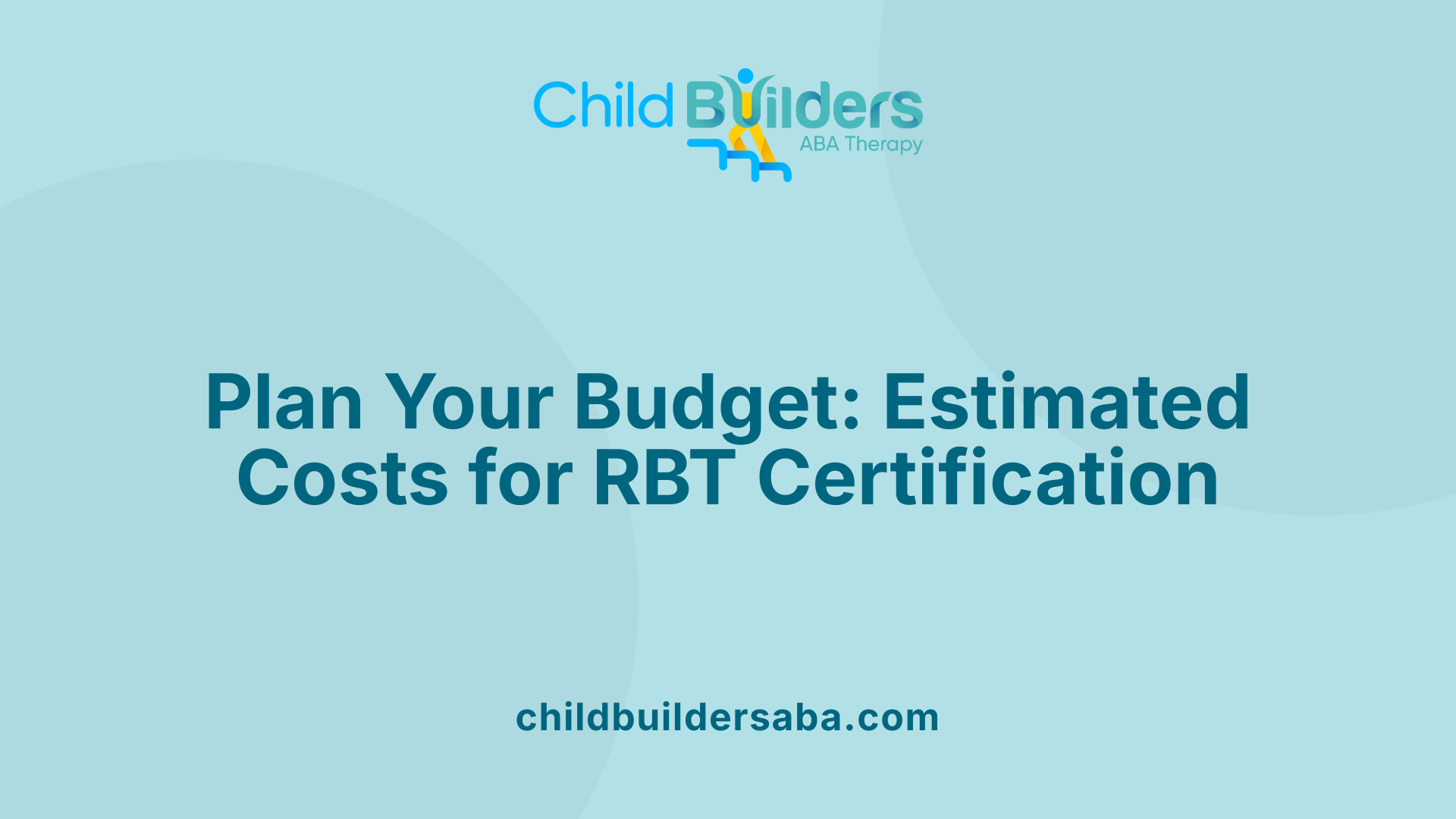 When preparing for Registered Behavior Technician (RBT) certification, understanding the costs involved is vital for effective financial planning.
When preparing for Registered Behavior Technician (RBT) certification, understanding the costs involved is vital for effective financial planning.
The overall expense can range from as low as $300 to over $1,500. These variations depend mainly on the choice of training providers, fees related to the application, background checks, and exam expenses.
For training, options include courses like UTSA’s program at $349, and Kansas University’s at $149. Some courses, especially online self-paced ones, can be found for free or at a minimal cost, making it possible to keep expenses low.
Additional costs include the application fee, which is $50 now but will increase to $65 in 2026, and the exam fee of $45. Background checks typically cost between $30 and $75, depending on the provider. Candidates should also consider renewal costs, which are around $35 annually or $50 every two years after 2026.
To keep costs manageable, candidates should explore options like employer-sponsored training, free resources, or less expensive courses. Comparing different training providers and understanding their offerings can help find the best balance between cost and quality.
Long-term expenses, such as renewal fees and continuing education, should also be included in the budget. Annual renewal costs are modest, but they are essential for maintaining certification.
Budget Ranges and Strategies:
| Expense Type | Approximate Cost | Notes |
|---|---|---|
| Training Courses | $29 - $600+ | Free or low-cost options available |
| Application Fee | $50 - $65 | Increases in 2026 |
| Exam Fee | $45 | Paid to Pearson Vue |
| Background Check | $30 - $75 | Required for certification |
| Renewal Fees | $35 annually or $50 biennially | Post-certification expenses |
Strategies:
- Research affordable training options, including free online courses.
- Seek employer sponsorship or reimbursement for training costs.
- Budget for future renewal and continuing education expenses.
- Save in advance to cover all associated costs.
Careful planning and exploring cost-effective resources can make the pathway to becoming an RBT more accessible and financially sustainable.
Cost Variability Among Training Providers and Packages
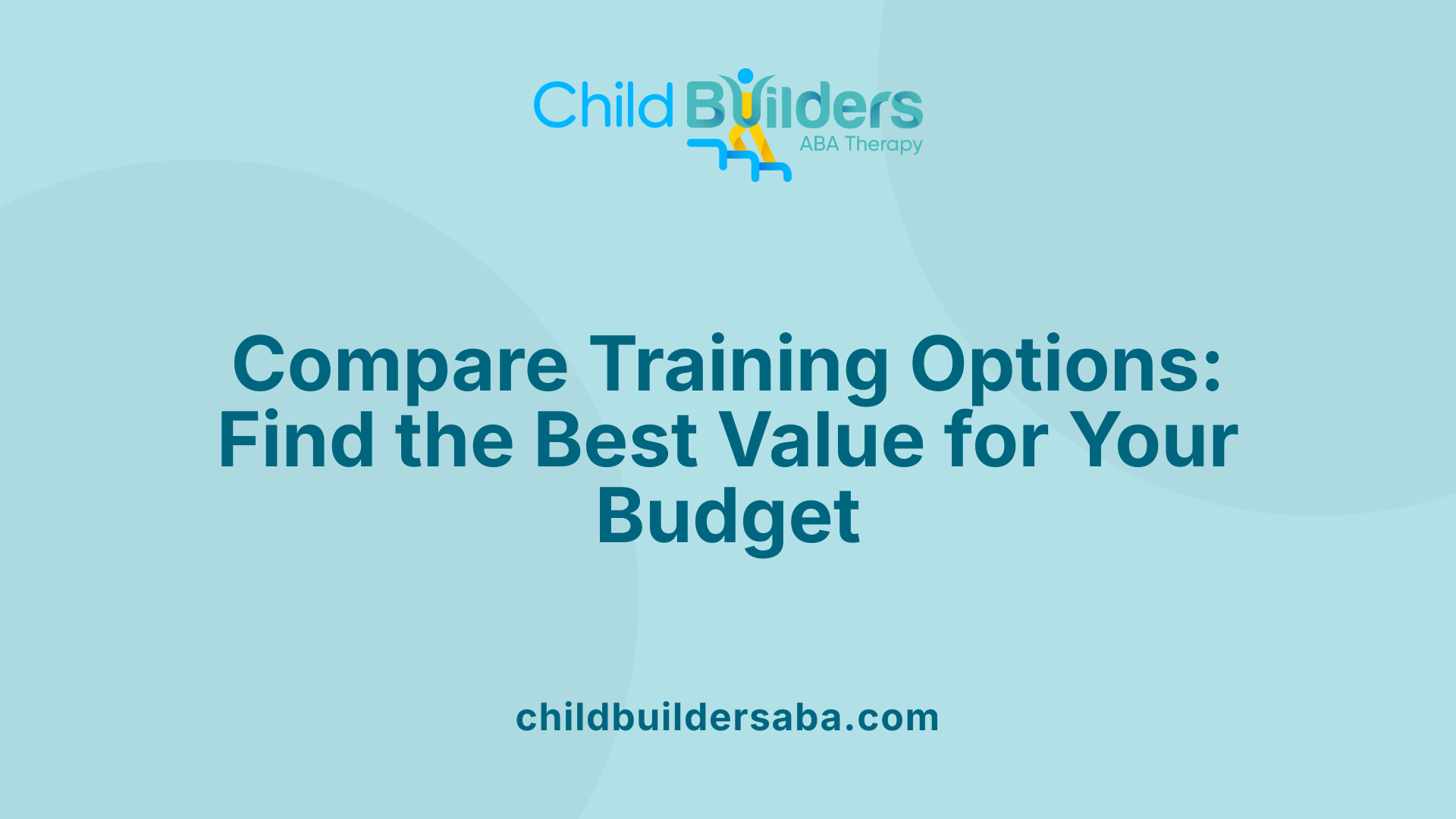 The cost of training options and packages for RBT certification varies widely based on the provider's offerings and delivery format. For instance, the "Behavior Analysis Essentials" course is an online, self-paced program priced at $149. It covers all necessary content aligned with BACB requirements, including ethics, behavior analysis principles, and preparing students for the RBT exam. This course also boasts a high first-time pass rate, making it a popular choice for cost-conscious learners.
The cost of training options and packages for RBT certification varies widely based on the provider's offerings and delivery format. For instance, the "Behavior Analysis Essentials" course is an online, self-paced program priced at $149. It covers all necessary content aligned with BACB requirements, including ethics, behavior analysis principles, and preparing students for the RBT exam. This course also boasts a high first-time pass rate, making it a popular choice for cost-conscious learners.
On the other hand, the University of Texas at San Antonio (UTSA) offers a more structured program at $349. This five-week course features weekly sessions of two hours each, totaling 40 hours of interactive learning. While it is more expensive, it provides direct engagement with instructors, which some students may find beneficial.
In addition to tuition, prospective RBT candidates must consider other costs such as application fees ($50, increasing to $65 in 2026), exam fees ($45), and renewal fees ranging from $35 annually to $50 biennially.
Below is a comparison table summarizing these options:
| Provider | Cost | Format | Duration | Notable Features |
|---|---|---|---|---|
| Behavior Analysis Essentials | $149 | Online, self-paced | 40 hours content, flexible | Meets BACB requirements, high pass rate |
| UTSA | $349 | Online, instructor-led, structured | 5 weeks, weekly sessions | Interactive coursework, guided learning |
In summary, prices for RBT training courses range from free or near-zero options up to several hundred dollars, with online courses generally more affordable. When choosing a program, students should compare the features, format, and total costs relative to their learning style and budget. The most economical options, especially online self-paced courses, enable prospective RBTs to become certified for under $100 if they plan carefully, considering all associated fees.
Guidance on Estimating Total Expenses and Resources for Preparation
When planning to become a Registered Behavior Technician (RBT), understanding the total costs involved is essential. Several resources can help you estimate these expenses accurately.
The BACB (Behavior Analysis Certification Board) official website is the primary source of detailed fee information, including application costs, exam fees, renewal charges, and required supporting documentation. It also lists approved training programs, some of which are free or low-cost. For example, RBT training courses typically range from $0 to $150, with additional expenses for the exam ($45) and application fee ($50, increasing to $65 in 2026).
Training providers often offer both paid and free online courses. Paid courses like the UTSA program cost around $349, whereas others like KU's cost approximately $149. Many courses are self-paced, online, and include comprehensive content to meet the 40-hour requirement. These are essential to pass the BACB exam and obtain certification.
Online forums, social media groups, and professional communities can provide firsthand insights into actual expenses experienced by candidates. Members often share information about optional costs such as practice tests, study aids, or additional workshops, which can vary based on individual needs.
Financial assistance options are available to help reduce these costs. Scholarships, employer support, or grants can help cover the training fees, sometimes reducing the total expenditure to under $100. Some employers also offer in-house training or reimbursements for certification-related expenses.
By combining official BACB resources, reviews from online community discussions, and exploring financial aid opportunities, aspiring RBTs can develop a clear, realistic estimate of the overall investment needed for certification. Careful planning ensures you budget effectively and avoid surprises during the certification process.
Additional Considerations and Ongoing Expenses Post-Certification
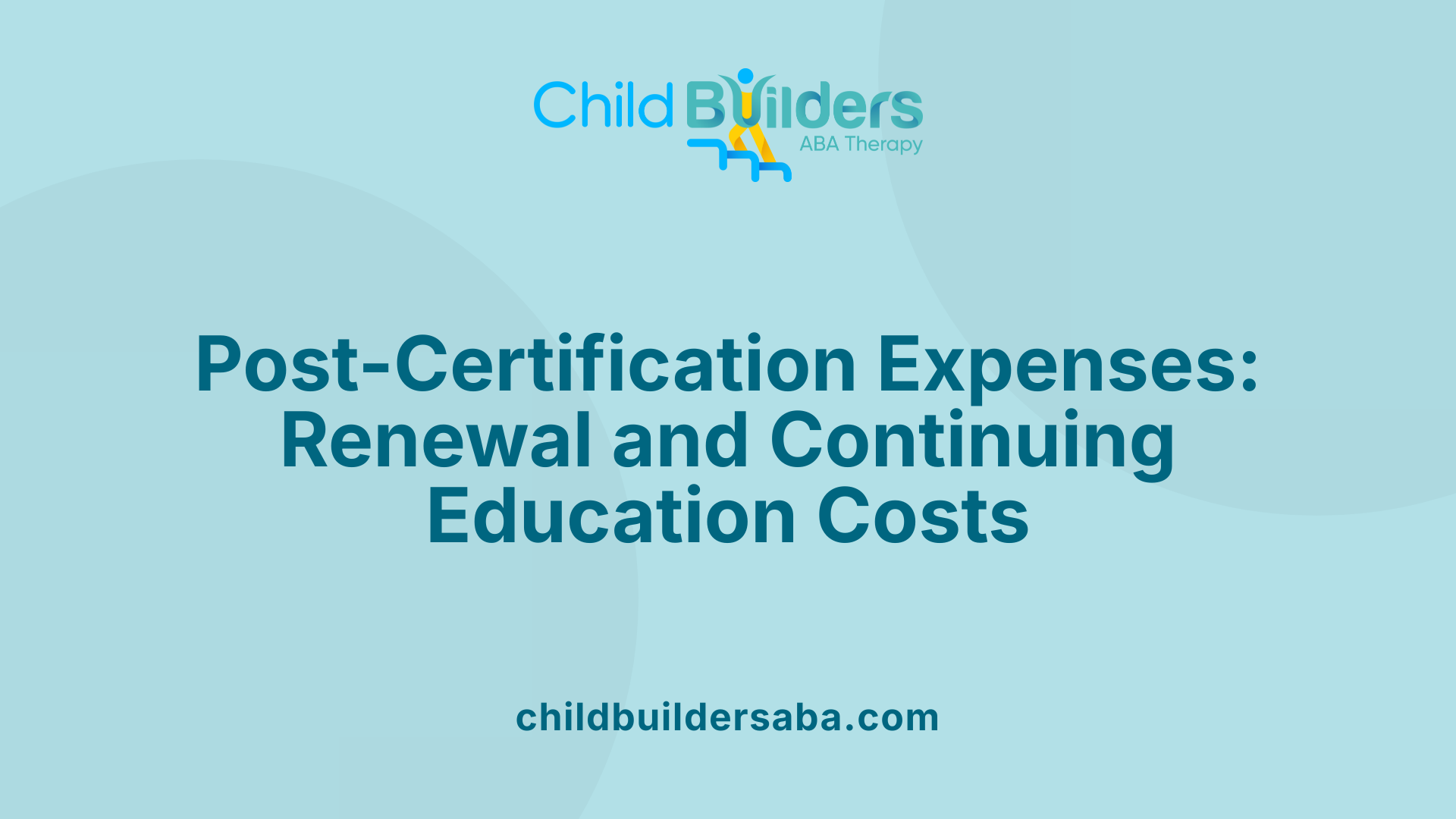
What are the renewal costs and ongoing expenses after obtaining RBT certification?
Once certified, Registered Behavior Technicians (RBTs) face renewal and ongoing professional development costs. Renewal fees are relatively modest, with costs of $35 annually or $50 when renewing every two years starting in 2026. These renewal costs are part of maintaining active certification.
In addition to renewal fees, RBTs must fulfill continuing education requirements to stay current in the field. Typically, this involves completing between 20 and 40 hours of professional development each year, which can cost between $75 and $150 annually depending on the courses chosen. These courses ensure that RBTs stay updated on best practices and ethical standards.
There may also be expenses associated with exam retakes if certification renewal involves re-taking the exam. The initial exam fee is $45, and retakes may incur similar costs.
Professional growth and network expansion could involve additional expenses such as travel, buying new study materials, or attending conferences. Budgeting for these expenses helps ensure continuous competence and adherence to professional standards.
| Expense Type | Cost Range | Details |
|---|---|---|
| Renewal fee | $35 annually; $50 biennially | Starting in 2026, for maintaining certification |
| Continuing education | $75 - $150 annually | Ensures ongoing competency and compliance |
| Exam retake | $45 per attempt | If certification renewal requires re-taking the exam |
| Professional development | Varies | Includes courses, conferences, and workshops |
Remaining vigilant about these costs helps RBTs continue their growth and uphold the high standards required for certification.
Maximizing Value and Minimizing Costs in Your RBT Journey
Understanding the comprehensive costs involved in becoming an RBT allows candidates to plan financially and explore cost-saving options. While the initial investment can range from a few hundred to over a thousand dollars, strategic choices in training providers, employer support, and resource utilization can significantly reduce expenses. Ongoing renewal and education costs are manageable and essential for maintaining certification. With careful planning and awareness of available resources, aspiring RBTs can achieve their certification goals affordably and sustainably.
References
- Online Registered Behavior Technician (RBT) Certification Training
- RBT Training | Jayhawk Global
- How to Become a Registered Behavior Technician
- RBT Certification Guide: Requirements, Costs, and Online Options
- Behavior Technician Training | Florida Tech
- Behavior Technician Training | Florida Tech
- Online Registered Behavior Technician (RBT) Certification Training
- RBT 40 Hour Training - Behavior University



















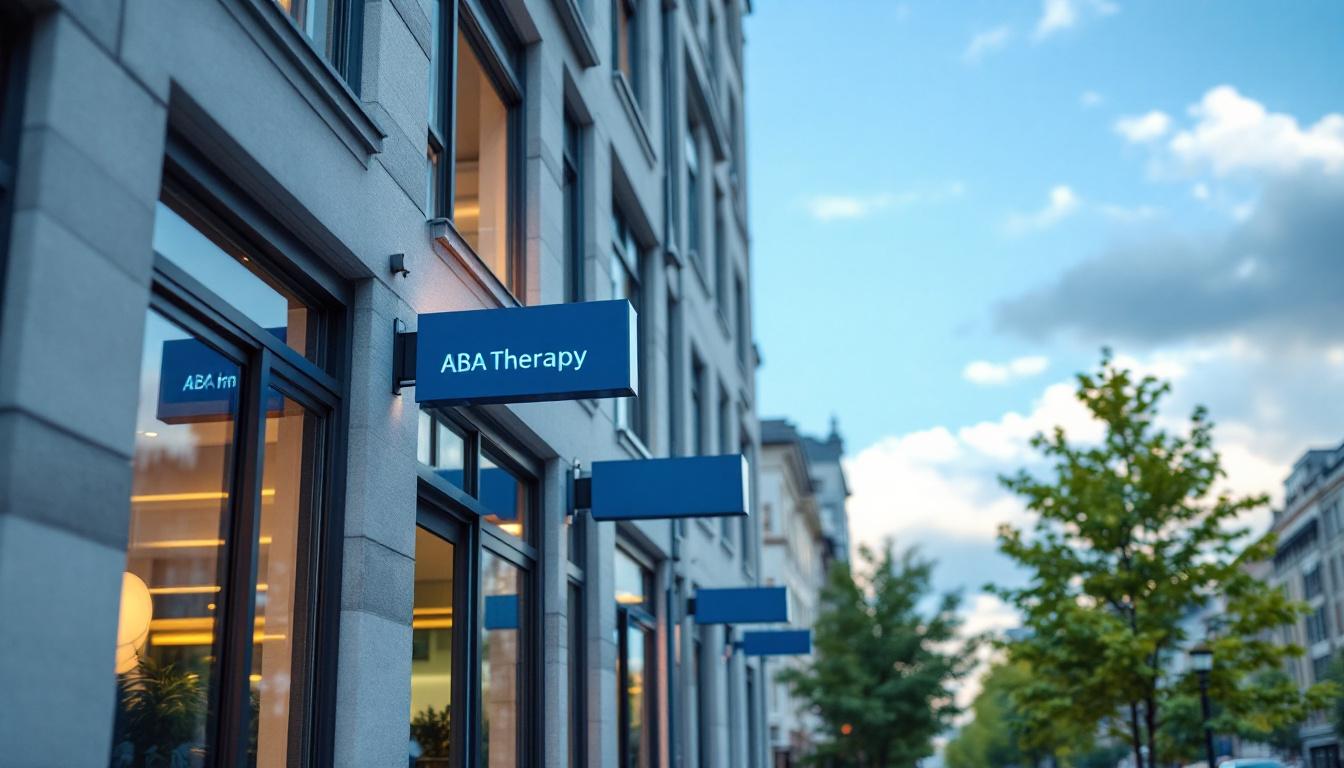







.jpg)









































































